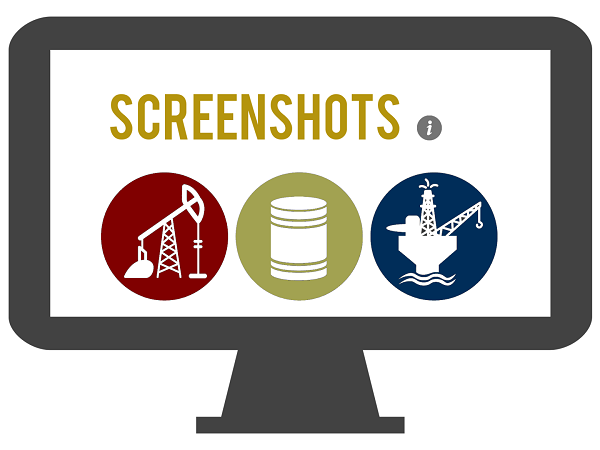Yes, it pays to keep customers smiling—even in the midstream.
As midstream activity marches on in North America, customers show preferences for providers with strong operating and project-development skills. Professionalism also matters.
The need for solutions is diverse and widespread. Constraints in West Texas―ground zero of U.S. shale-oil production―crimp output. Natural gas in Appalachia seeks conditioning and outlets. Gulf Coast petrochemical and LNG facilities demand feedstock. Canadian producers beg for market access. Continue reading “Yes, It Pays to Keep Customers Smiling”












